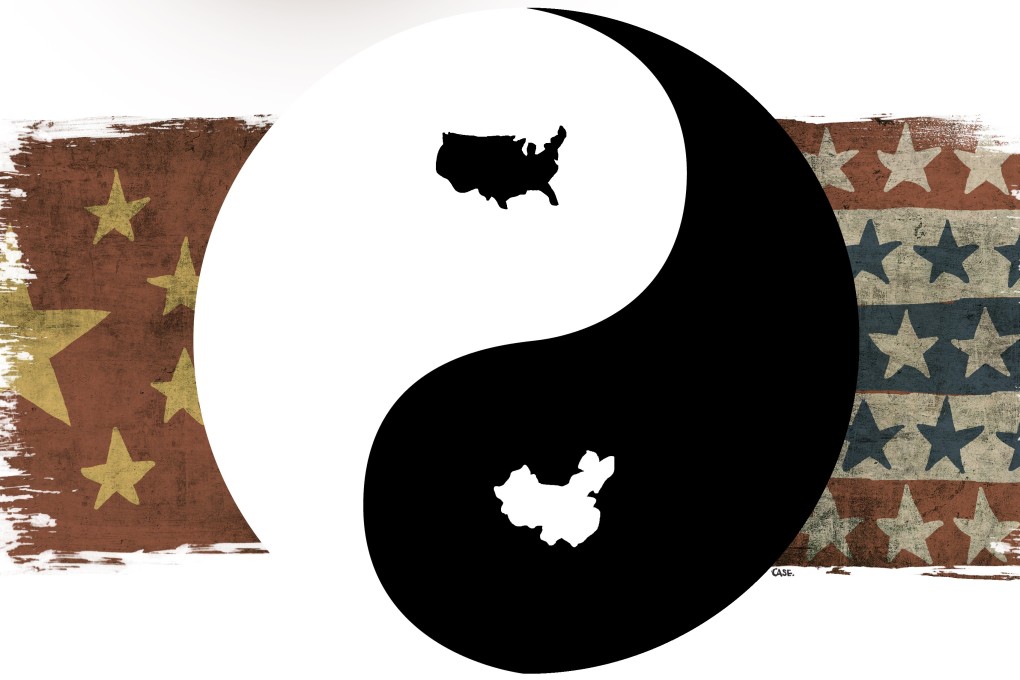Opinion | China is yin, America is yang, and they need each other more than Trump knows
- China and the US can avoid a clash of civilisations if they can grasp the idea that they need to restrain, support and balance each other. Without the support and restraining influence of either country, the global order cannot last

In his classic The United States and China, John Fairbank gave us a glimpse of the immensely complex love-hate relationship between the two countries, one that defies simple summary: it is neither a Huntingtonian clash of civilisations nor just another case of great power rivalry.
Sustained conflict with the aim of destroying one’s rival can only lead to mutual decline. To borrow an analogy from naturalistic Chinese medicine, it is unhealthy when either yin or yang is weak, and the other becomes dominant.
Looking at the world through the lens of yin and yang, it is not hard to see America, like much of the West, is yang in nature. It is steeped in the culture of wide personal freedom and transparent governance, and it is impatient for quick solutions to problems.
